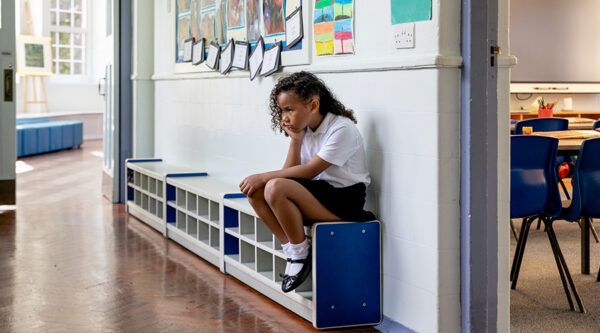

All schools enter into commercial contracts to receive services in the day-to-day running of the school. For example, it may be that your school has entered into a contract for cleaning services, a catering contract, or a transport agreement. Pursuant to these commercial agreements, the school will receive certain services and will pay not insignificant sums for those services.
We may be approached by schools for advice where a supplier, such as a cleaning services provider, has charged the school for services which have only been part performed. The question which arises is, does the invoice have to be paid where there has only been part performance?
To answer this question a number of considerations need to be made. In some cases, it may be that there are questions as to whether the service provided by the supplier was within the scope of the works agreed. For example, where there is a catering contract in place, have services been provided which are not as set out in the agreement between the school and the provider? In some cases, it may be that the service provided in part falls outside of the scope of the agreement, and therefore full payment may not be due.
Alternatively, it may be that there has been a breach of the agreement by part-performance on the part of the supplier. Breach of contract is a complex area, and each breach should be considered on a case-by-case basis to consider the impact on their agreement between the parties, and any remedy which may be available, including the right to terminate.
However, in some cases it may be that the breach by the service provider is minimal, meaning that the school may not be entitled to a reduction in price. However, we recommend that schools seek advice in the event of a material breach of contract to consider the full range of options available.
If the breach caused by part-performance is more substantial, the school will need to carefully consider the terms of the agreement between the parties. In some cases, the parties may have agreed the consequence of part-performance of a contract. For example, the agreement may specify that the school pays only for the elements of the work that the supplier has completed.
Alternatively, there may be a force majeure clause which says that the supplier’s performance obligation is suspended, meaning that there is no obligation on the school to make payment to the supplier yet. Schools should, however, be mindful of any conditions precedent contained in the agreement, such as required notices for the force majeure provisions to take effect. Alternatively, it could be that the agreement is silent in respect of breach following part-performance of the contract in which case legal complexities can arise and advice should be sought.
Practical considerations
Alongside considering the legal position, the school will need to consider the practicalities of the relationship with the supplier. For example, if a good relationship has been built between the school and the supplier over a number of years with no previous issues, the school may be minded to maintain that relationship moving forwards. In these cases, we frequently support schools to enter into negotiations with the supplier to reach a position which is beneficial for the school, whilst maintaining the relationship moving forwards.
It could be that the relationship is new, in which case there is an immediate loss of trust – and the school may be hesitant to work with the supplier moving forward. In these cases, we can support schools to consider their termination rights to bring the contract to an end.
It is not uncommon for us to be approached by schools once an agreement has been entered into, and to find that the terms are not favourable to the school. We recommend that, when entering into commercial agreement, they are reviewed to ensure that key clauses such as term, payment, indemnities, termination, and force majeure are drafted in a way which is fair to the school.










